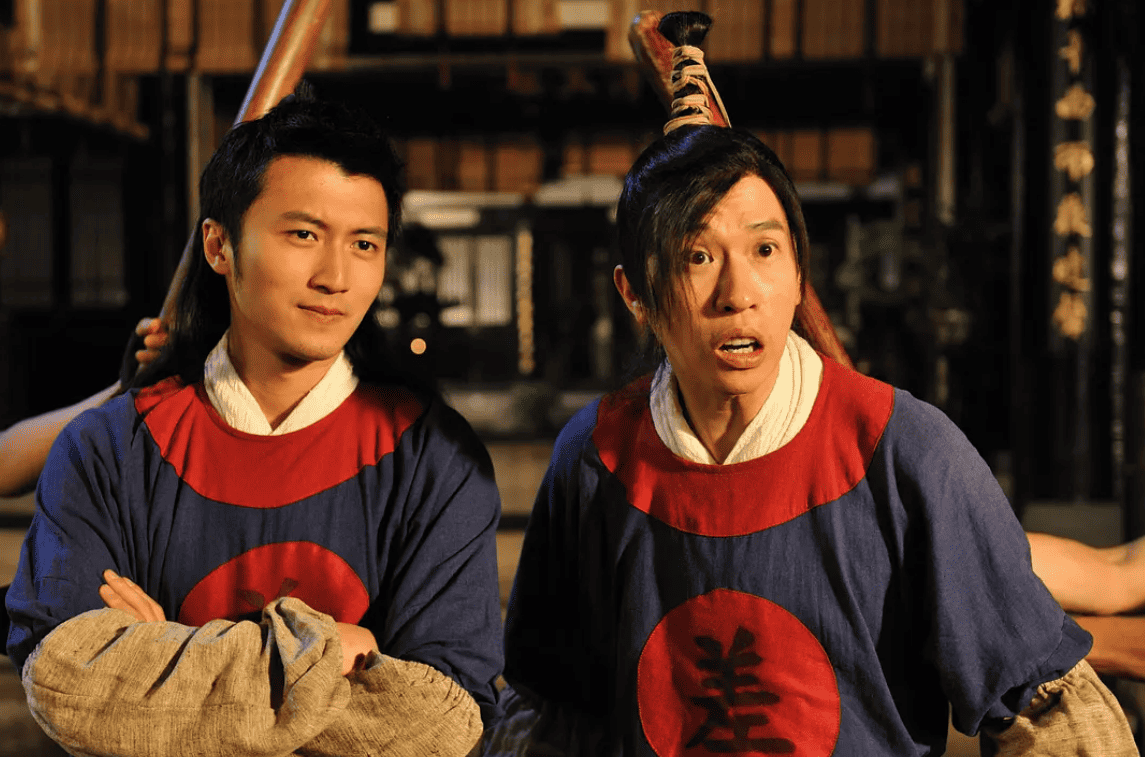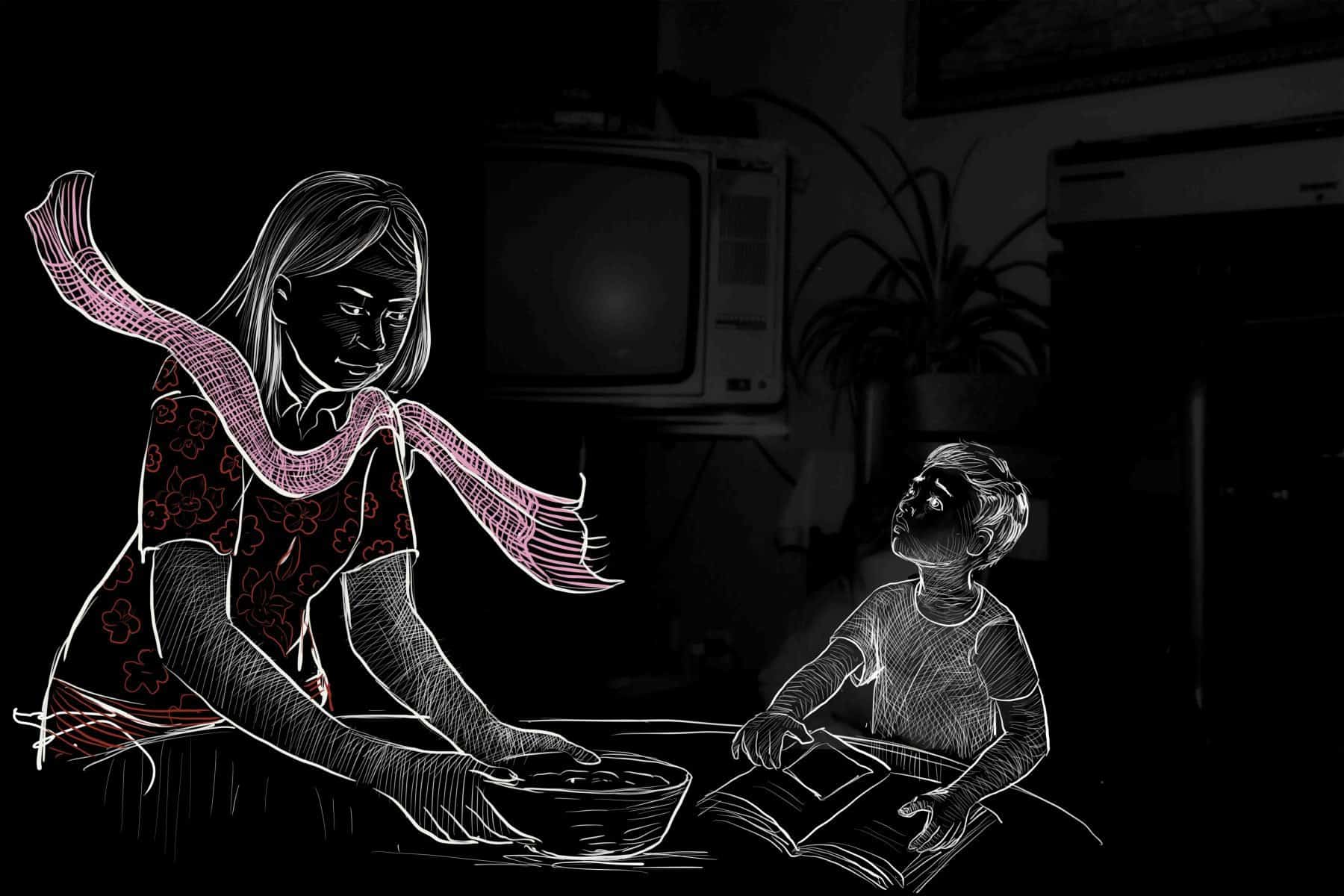Hired to shoot a behind-the-scenes movie for a senior classmate, Isora (writer, director, and cinematographer) is advised to start filming his everyday life to improve his skills as a filmmaker. Early in this process, Isora shifts focus onto his own film. It is while having problems finding the lead that he hears of the legend of a mysterious girl. This girl shows up once every four years, always at the same recruiting event for school clubs. She is said to be so enigmatic that the director becomes obsessed and compelled to film her every moment, and that once he begins filming her, he must adhere to certain rules to ensure tragedy does not fall on his production.
The legend seems to come true as Isora meets a silent girl who he names Minami, and allows her to live with him so he can constantly film her. After finding his muse, Isora reaches out to his friend Ogawa, who reluctantly accepts a co-starring role. With the cast finalized, Isora begins to film, facing adversity from the crew and personal uncertainty in creating his artistic vision.

Shot in the POV style for the most part, “The Sacrament” stands out amongst its western counterparts in the genre by creating consistently strong visuals. Often, films done in the POV style are rife with messy sequences which are poorly shot, a technicality which is forgivable given the method of filming. However, it is refreshing to see a one which is competently shot, since every sequence is planned and executed with great skill, making “The Sacrament” one of the cleanest and most visually engaging POV shot films I have viewed.
There are a few moments that stand out, like when Isora first finds Minami and when he goes crazy on another filmmaker's set, which is noteworthy and should capture the audience's attention. The humor comes mostly from the “film within a film” concept, as we get to see footage of the movie Isora is making in between the filming of his daily life. These scenes are campy, showcasing over the top acting and an awkward script, providing a lot of needed comic relief. However, the script and the characters really fall flat outside of these scenes.

Beyond the superb cinematography and a few memorable scenes, this production is rife with poor and questionable creative choices. Our protagonist is an unlikable individual, whiny, manipulative and refuses to listen to critique. Having such a negative protagonist does not work well, as the film seems to ask the viewer to sympathize with Isora and the problems he faces making his film. The soundtrack is all over the place stylistically with the choices appearing indulgent, picked by the director's preferences versus what would actually work well. The production has problems making an impression in the genres it tries to emulate. Although billed as a horror movie, beyond a slightly supernatural concept, it contains no elements of horror. The comedy, although effective, is really underutilized. Instead, the film comes out as a light drama, a genre which really does not play well within the POV style.
Perhaps the worst creative choice was to voice the director's internal monologue by another actor, which, although makes sense closer to the end, it was entirely unnecessary and confusing to have it take up the bulk of the narrative before trying to rationalize the decision. All these poor choices compacted into one production muddle the tone, hurting the overall feel and muddying the more competent aspects.
“The Sacrament” contains some genuinely great moments which are unique to the somewhat exhausted POV style and boasts outstanding cinematography. However, the film does not live up to its full potential due to some poor creative choices and an underwhelming script, making for a frustrating experience.















